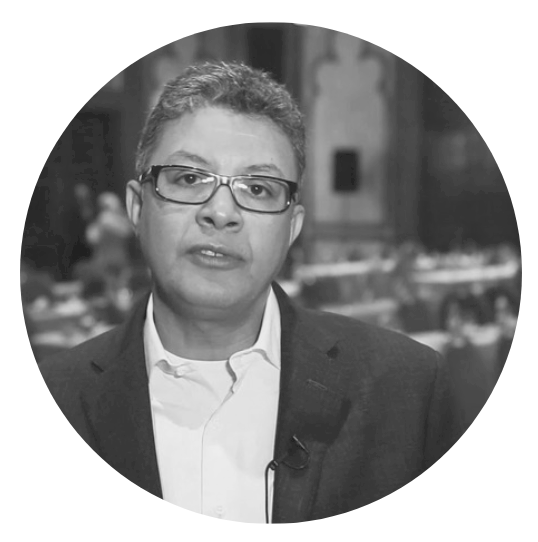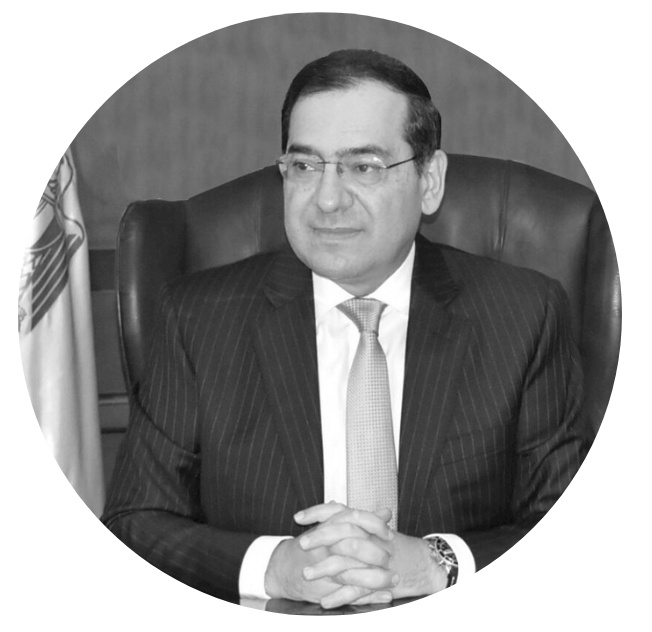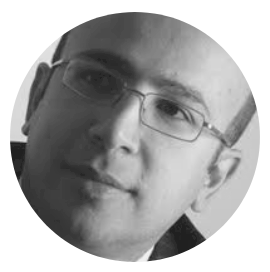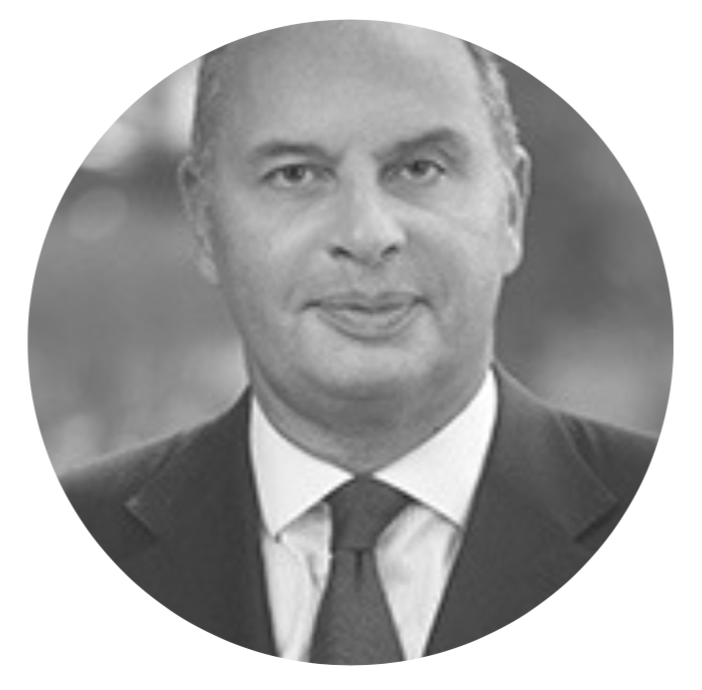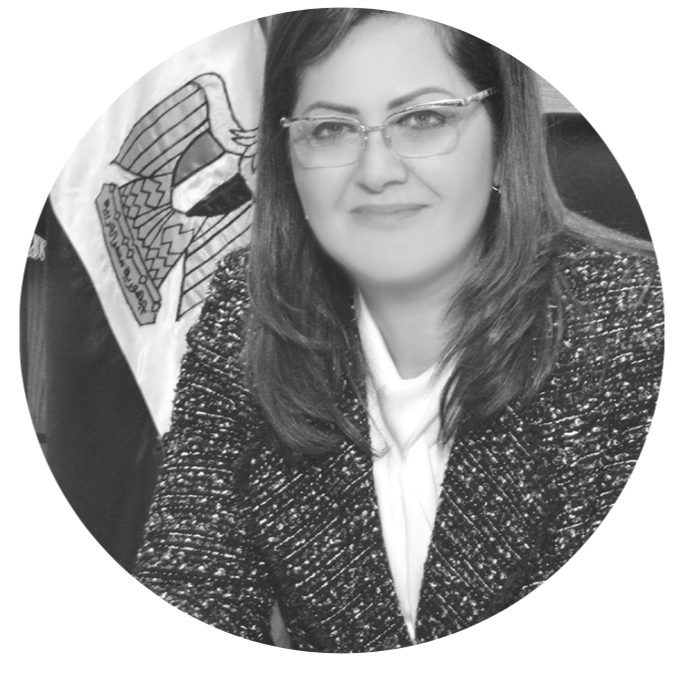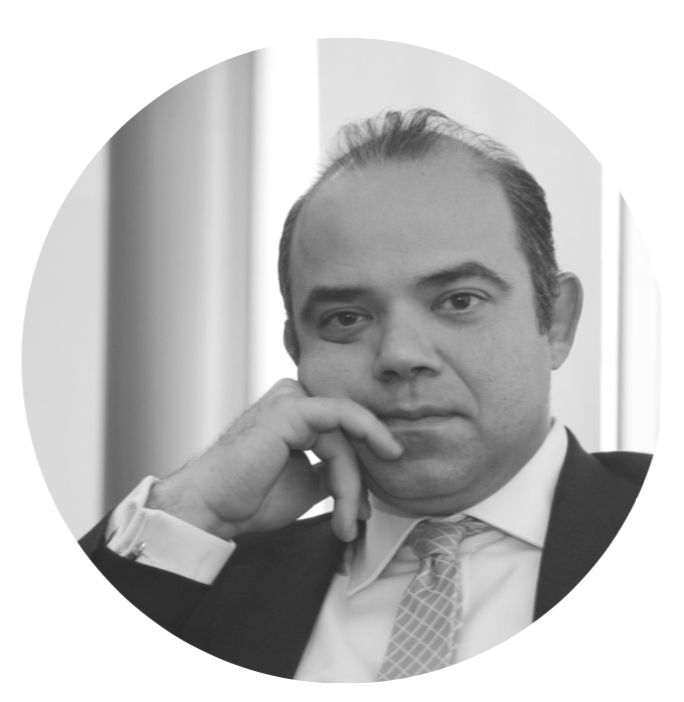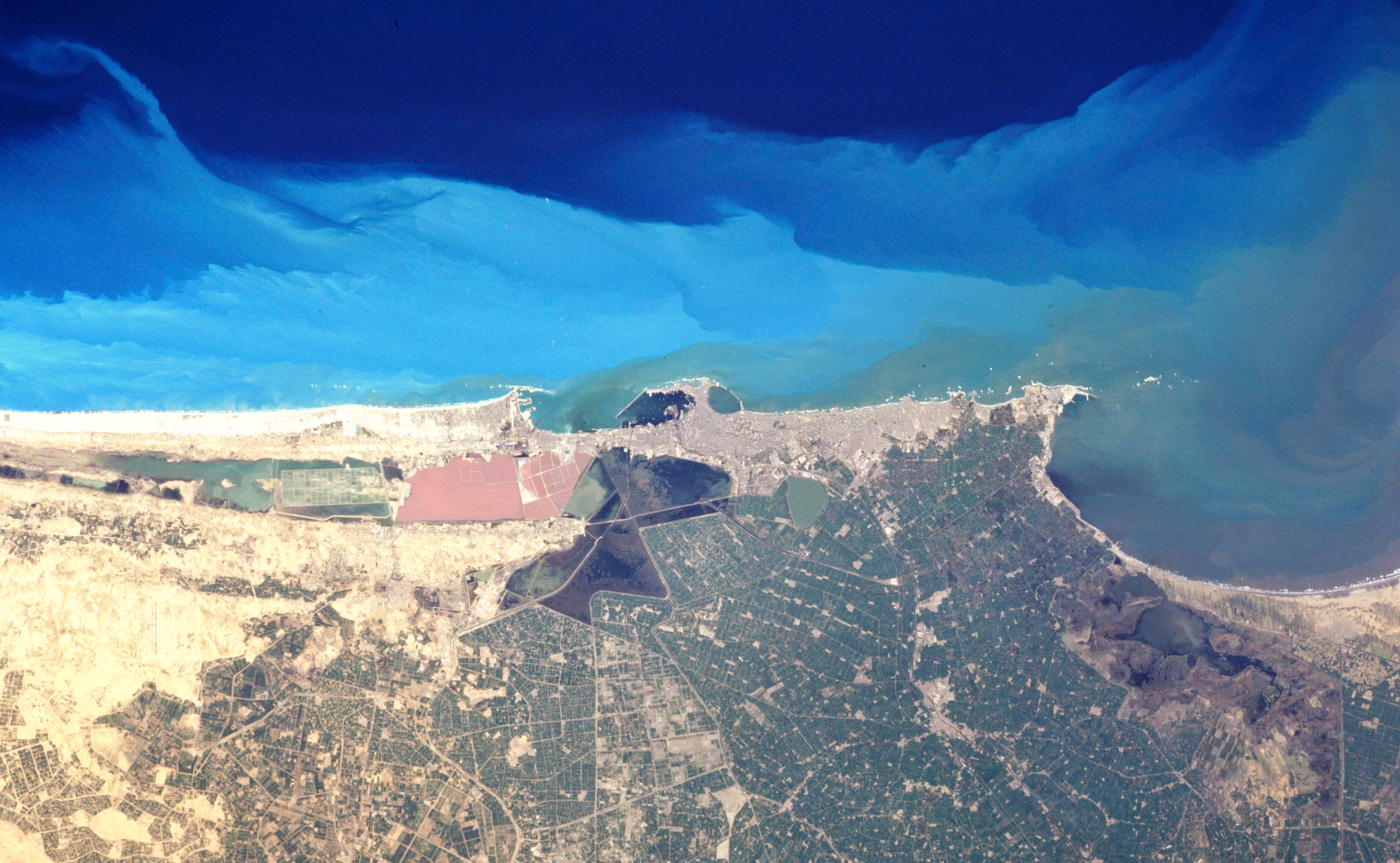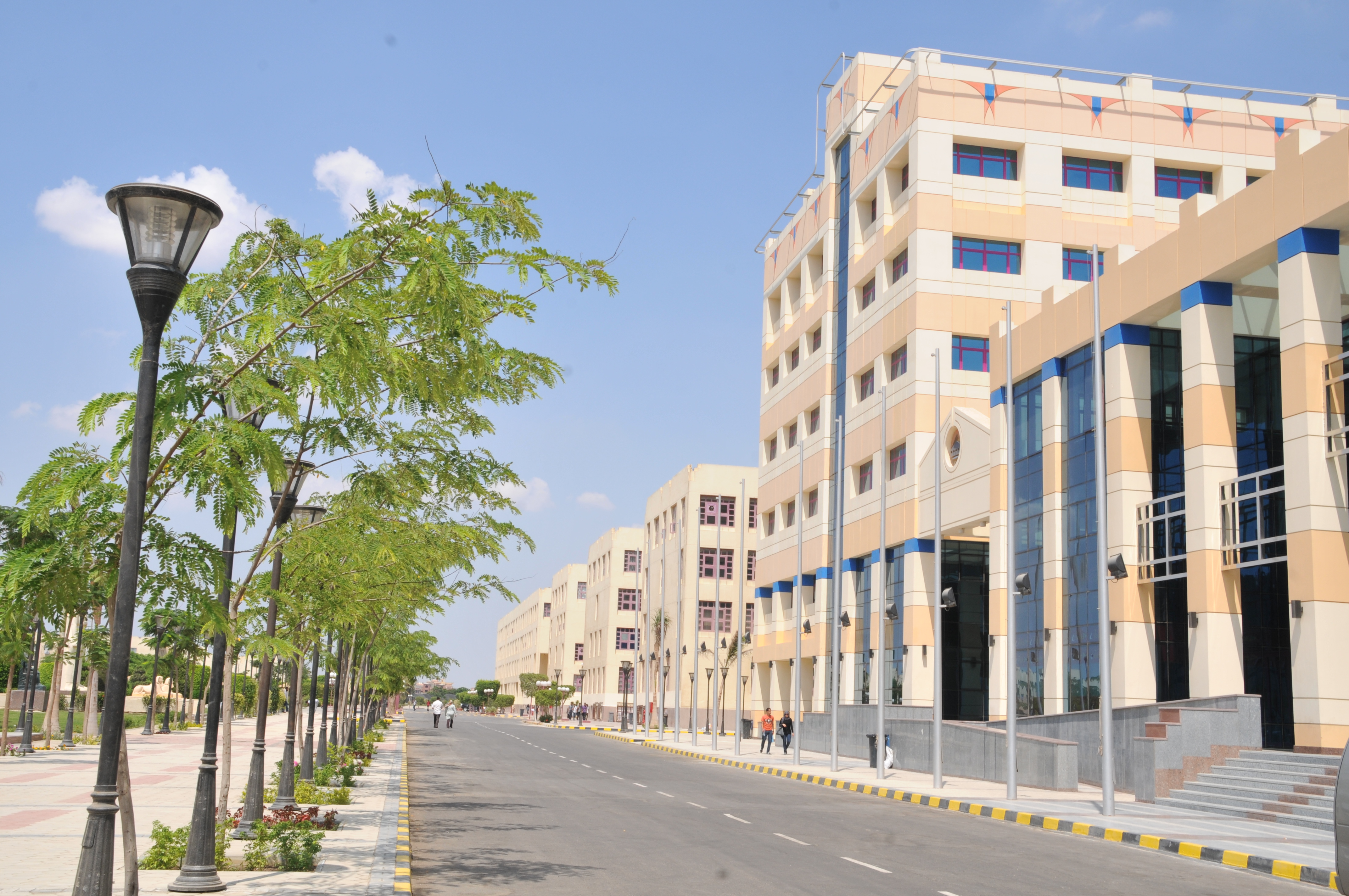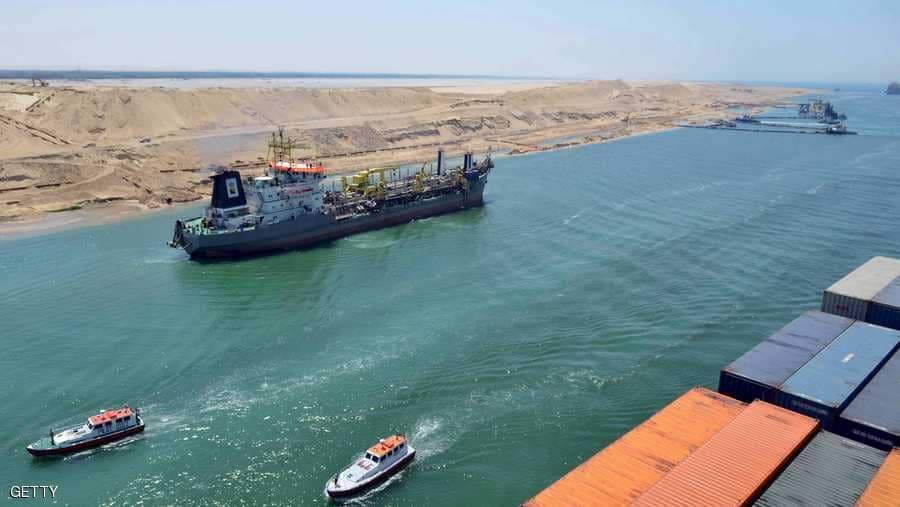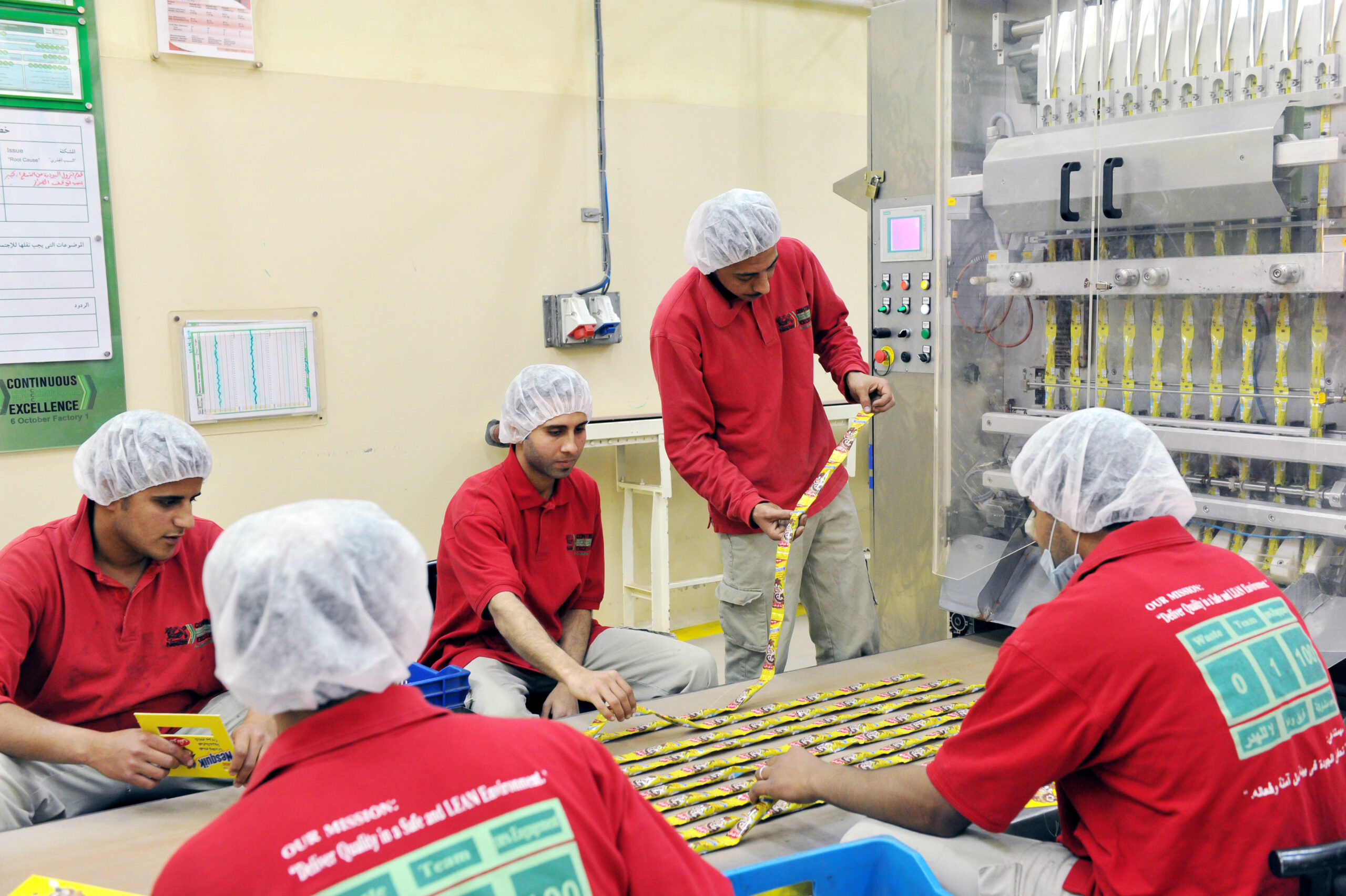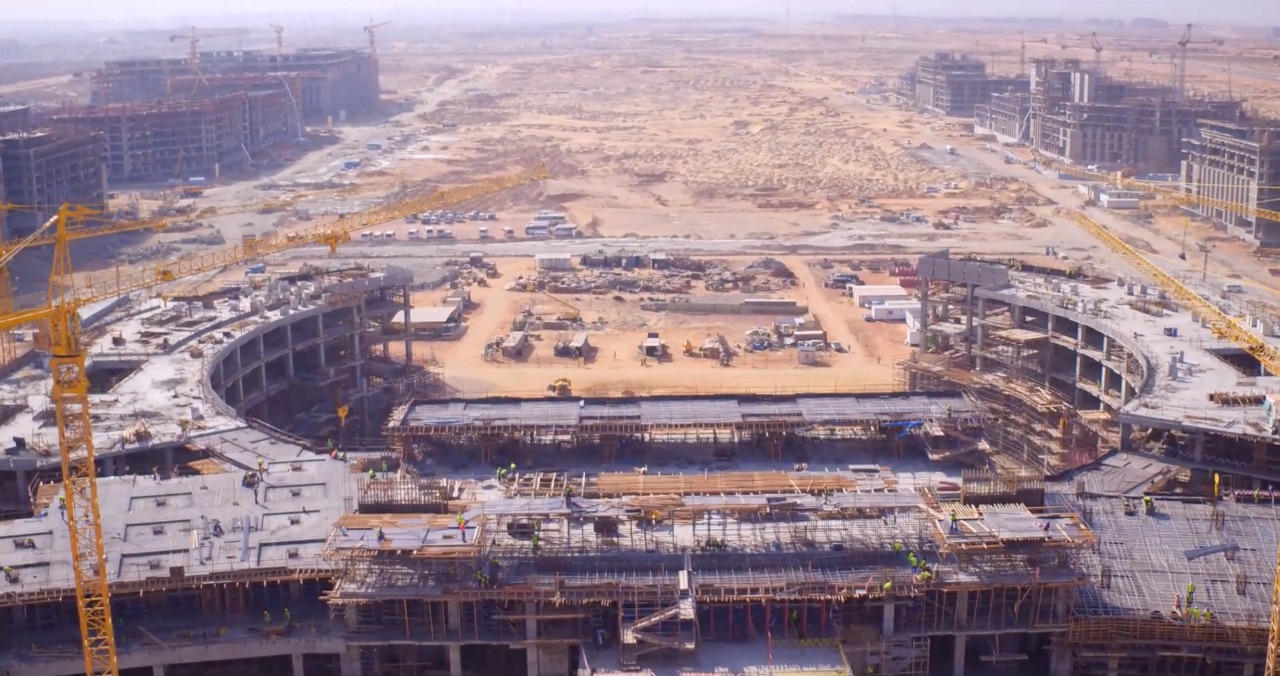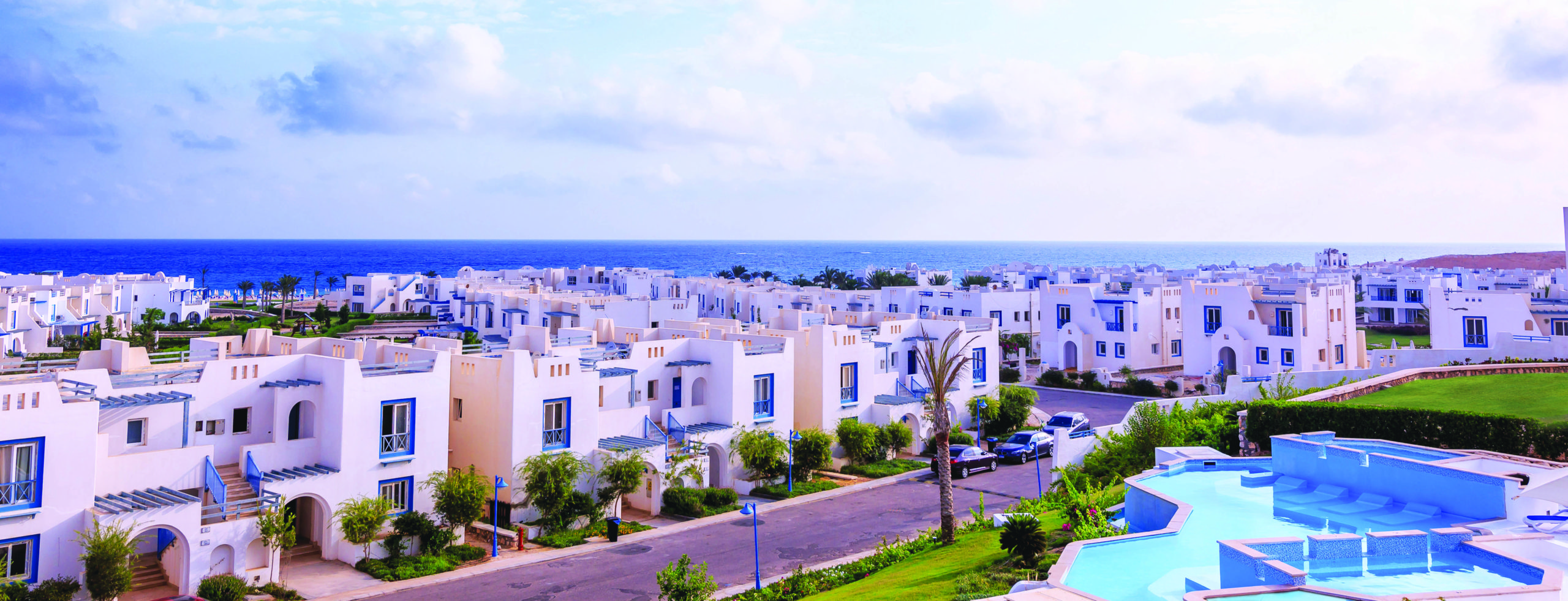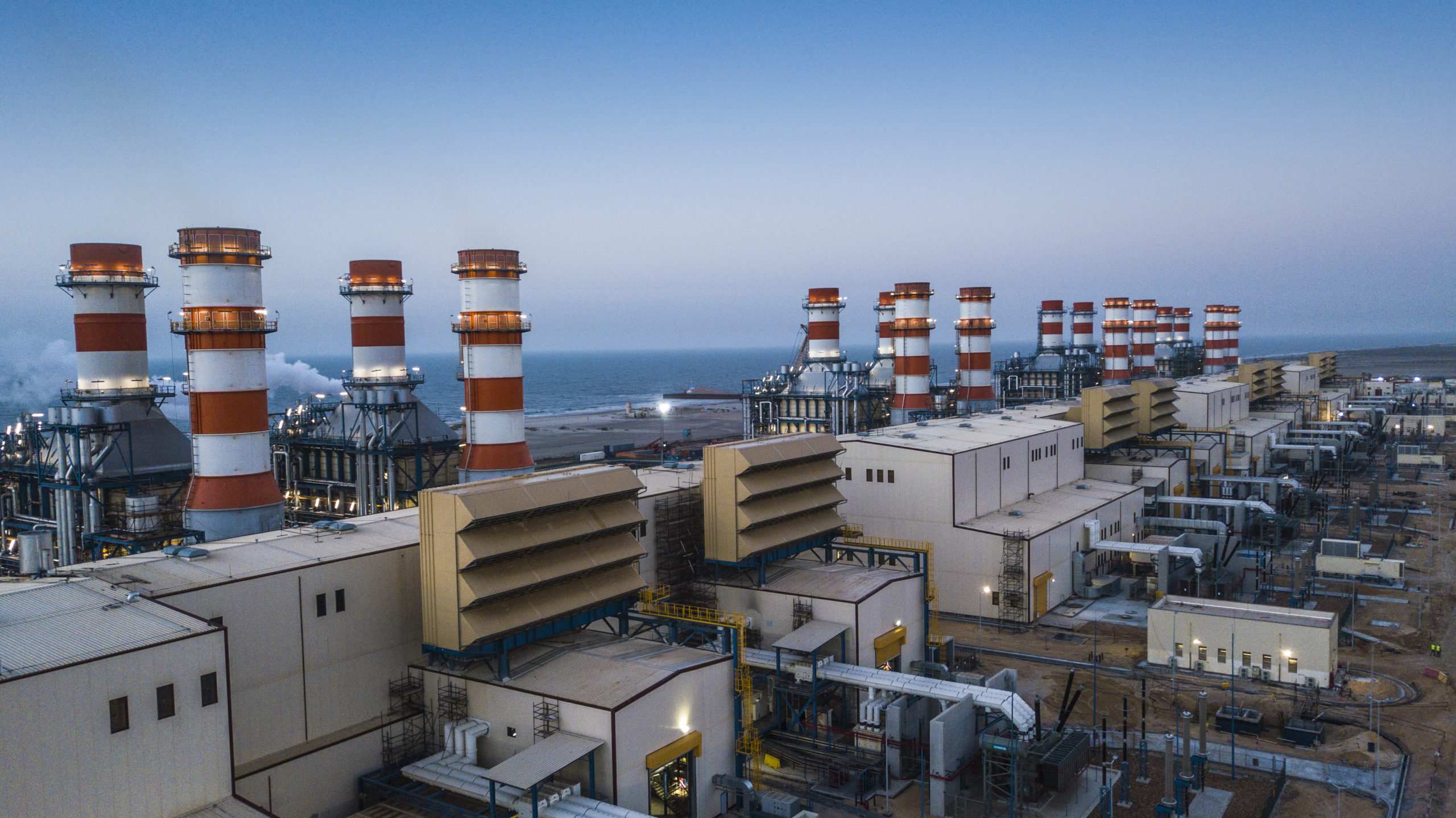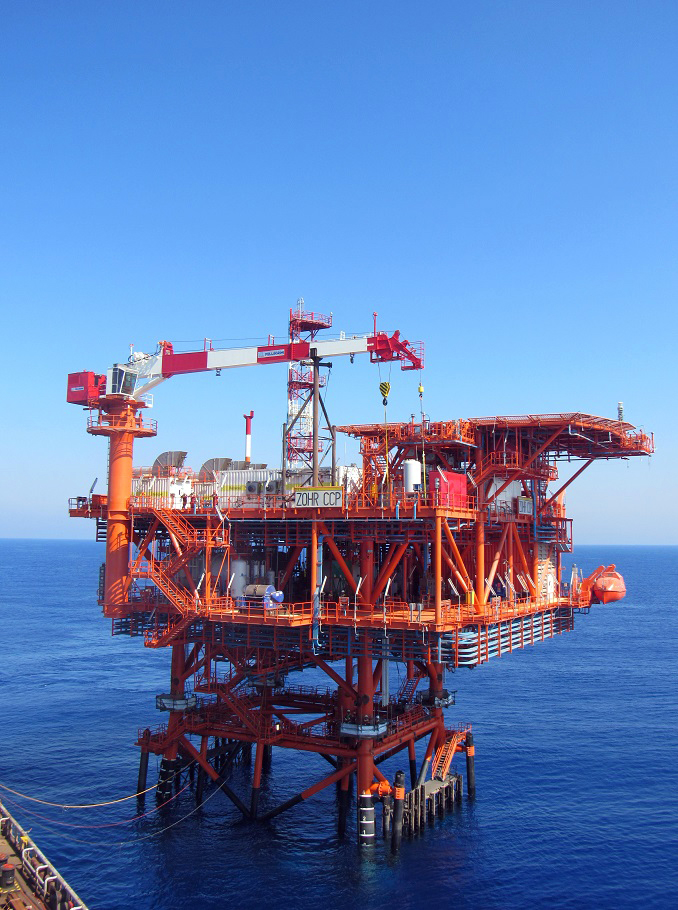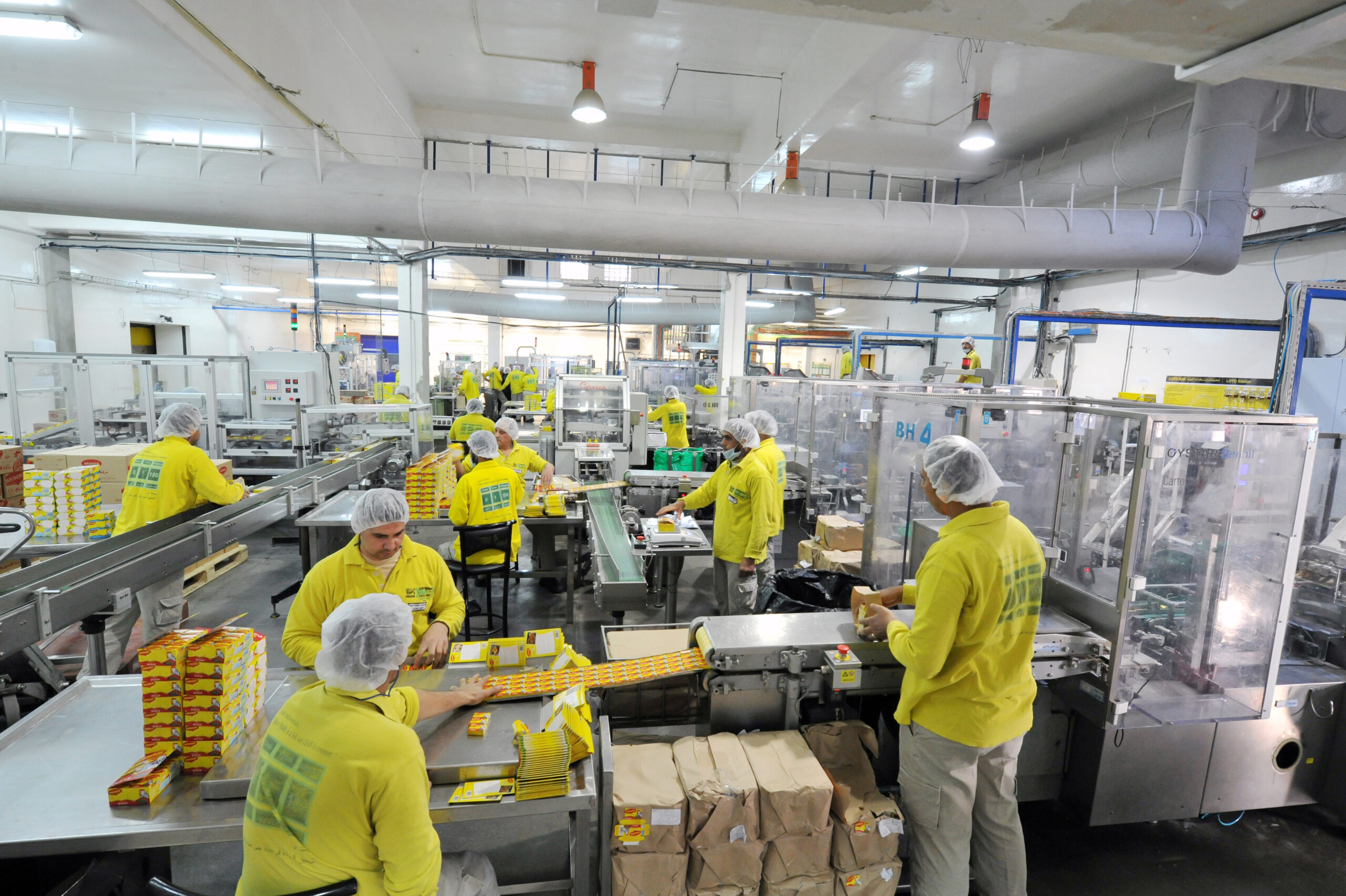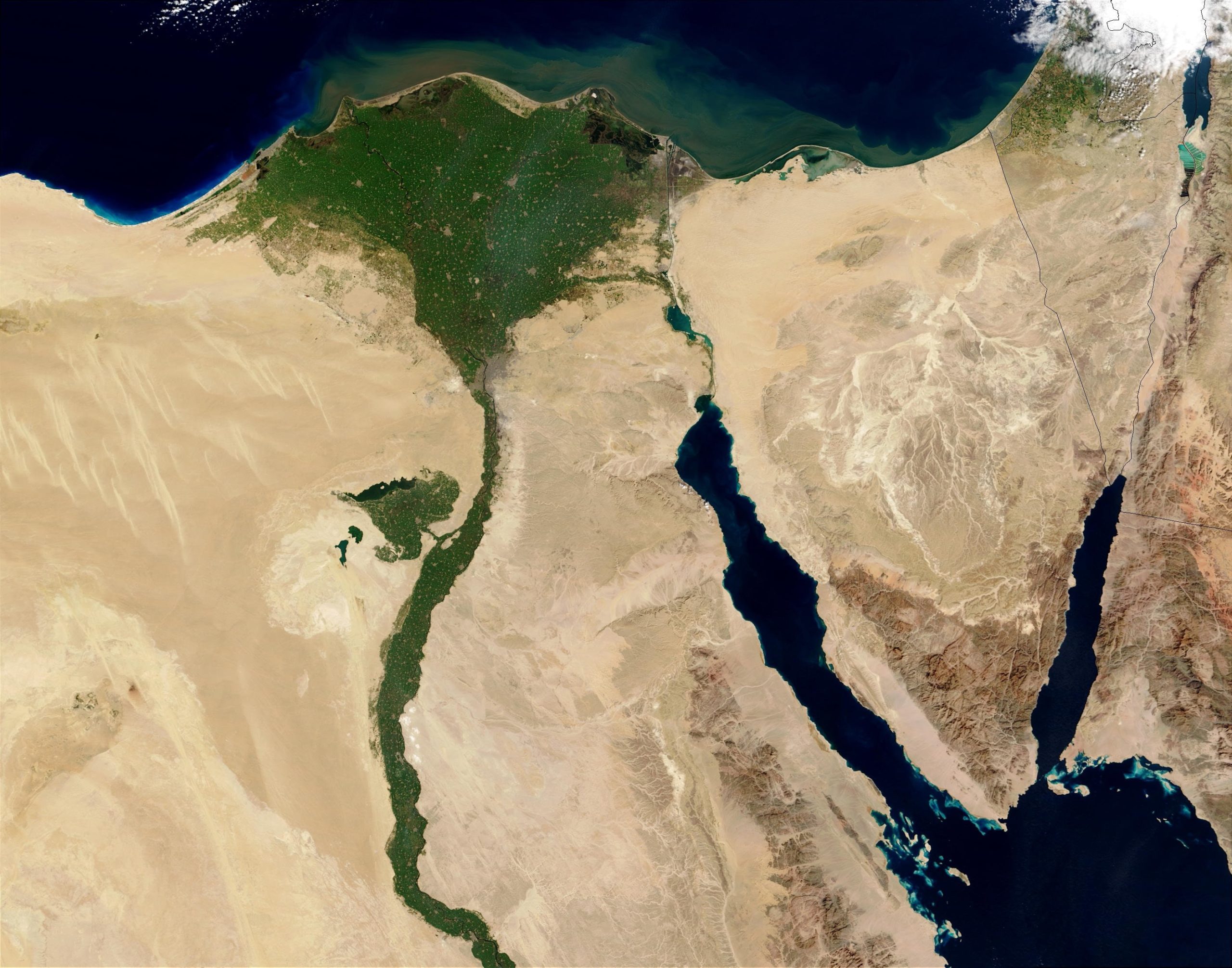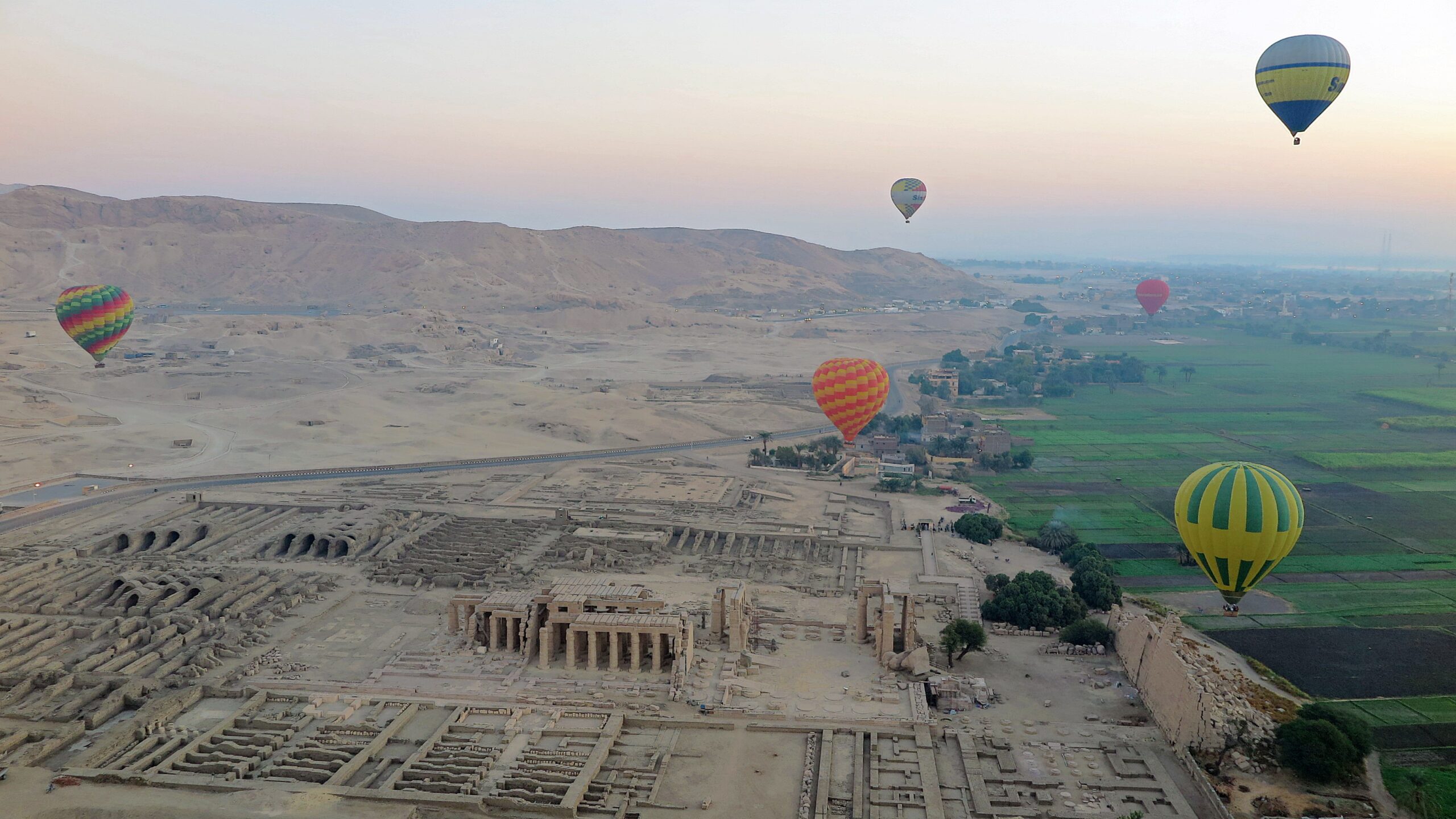The Irish agri-food sector is diversifying its markets and pioneered the approach to sustainable food production
Agri-food is Ireland’s largest indigenous industry, employing over 8.4% of the working population, and when employment in marketing, processing and inputs are included, the agri-food sector accounts for nearly 10% of total employment. The sector largely contributes to the vitality of the coastal and rural communities across the country. Ireland’s food and drink industry has grown tremendously with exports jumping from 8 billion euro in 2010, to 12.1 billion euro in 2018. This increase highlights how the sector is one of Ireland’s largest success stories.

The sector is on a trajectory for more growth and has huge ambitions for the future. Strategies like Food Wise 2025, an industry wide plan that is transforming the sector with the objective of positioning Ireland as a world leader in sustainable agri-food production, and is supporting Ireland’s exports to reach a goal of 19 billion euro by 2025. Ireland is increasingly becoming a key enabler to feed the world. With roughly 700 food and drink companies across Ireland, the sector exports food and seafood to over 160 countries worldwide. Irish agri-food companies source 74% of raw materials and services directly from other Irish suppliers, ensuring high quality across the supply and production chain. Agri-food exports account for 11% of total Irish merchandise exports, making a significant contribution to the nation’s economy.
Bord Bia, the Irish state agency charged to promote Irish food, drink and horticulture suppliers throughout the world, acts as a link between Irish suppliers and existing and potential global customers. It has an extensive network of overseas offices in New York, Shanghai, Amsterdam, Dusseldorf, London, Madrid, Milan, Moscow, Paris, and Stockholm.
The world’s agricultural sector will need to feed 9 billion people by 2050. This will require a 50% increase in global production. At a time when natural resources are overstretched and depleting, the industry must ensure global food security. Ireland’s Origin Green initiative, through a coordinated effort, has helped grow the nation’s agricultural sector and set a much needed global precedent in sustainability and efficiency.
According to Tara McCarthy, CEO of Bord Bia, “No other country is as committed to such a comprehensive and evidence-based sustainability program. Origin Green, the first national program in the world of its kind, is pioneering Ireland’s approach to sustainable food.”
Ireland has clean soil, clean air, and clean seas. “We are able to build traceability, underscore food safety, and highlight nutrition. Ireland can market itself on its credentials and global consumers are increasingly willing to pay a premium for the attributes inherent in our food and drink. We are building on years of commitment to quality assurance, traceability and sustainability measurements,” stated McCarthy.
As the sector is looking to grow its exports, diversification is a priority. Ireland already exports to a hundred different markets around the world, and diversification aims to increase exports to all markets, and will have the added benefit of protecting Irish exports from an over reliance on a single market. Bord Bia is in the process of deepening its cultural understanding of its global priority markets, and designing products specially to cater to those needs.
Discussing Ireland’s dedication to innovation, McCarthy highlighted, “Innovation is a complex idea that many people associate to a new product; however, it increasingly translates into services for the food industry, support systems like Origin Green, and a dedication to the consumer. For instance, Ireland is the largest organic sample producer in Europe. We are leaders driving organic seafood production, and the first European country to gain certification for organic muscles.”
The Irish food industry is one of the most scientifically advanced globally, and the food ingredient segment is among the fastest growing areas. Ireland is becoming a food-processing giant backed by innovative enterprises that have built a global technology and innovation hub.
This trend began with Ireland’s whey, a byproduct from the cheese industry, which was previously treated as a waste product. Through relentless R&D, whey is now considered one of the most nutritionally valuable proteins available and a core ingredient used within the sports, pharmaceutical and infant markets.
Ireland’s innovative food ingredient exports are conquering global markets. For instance, Ireland supplies 15% of the global market for infant formula. Scientific innovation in food science can also be seen from whey to vanilla. Although many of these ingredients are unbranded, Ireland’s food labs are increasingly partnering with global companies to deliver next generation food technologies.

